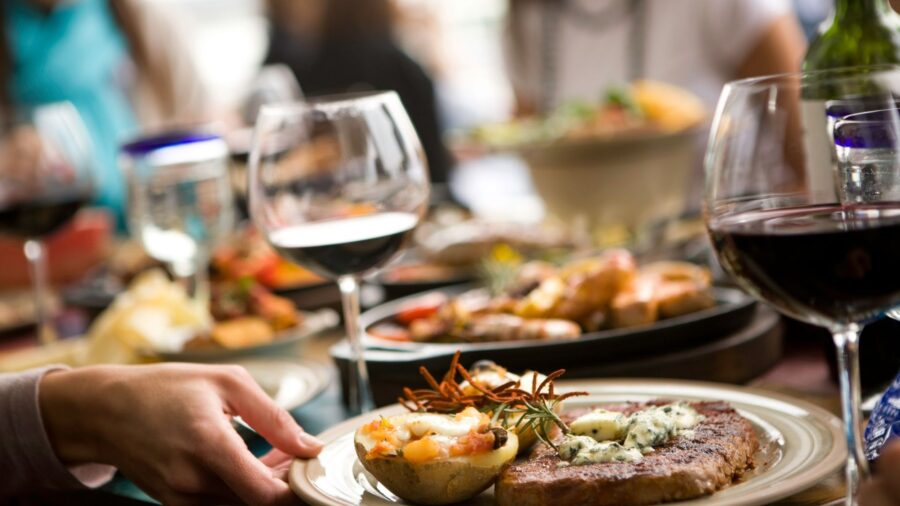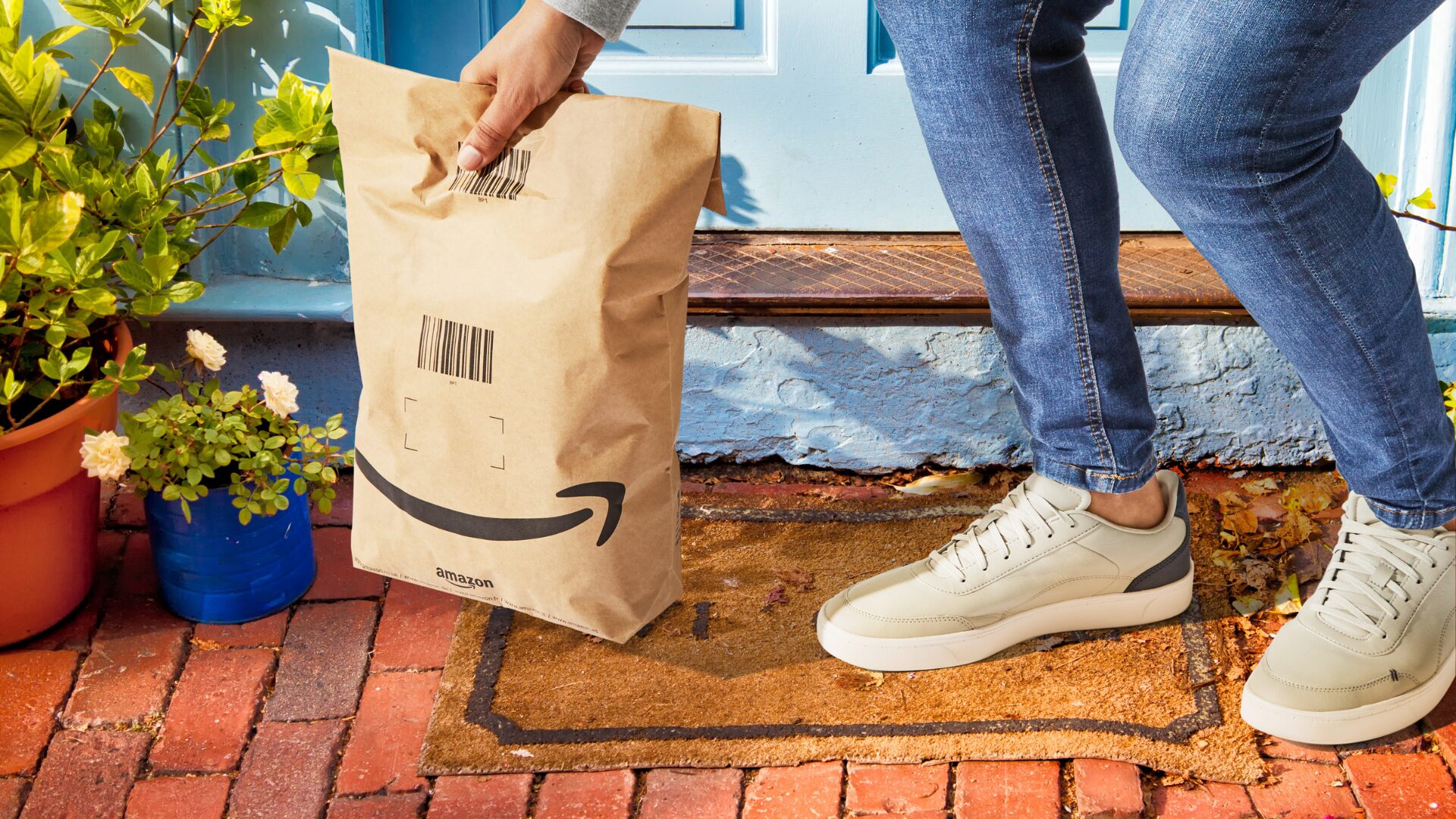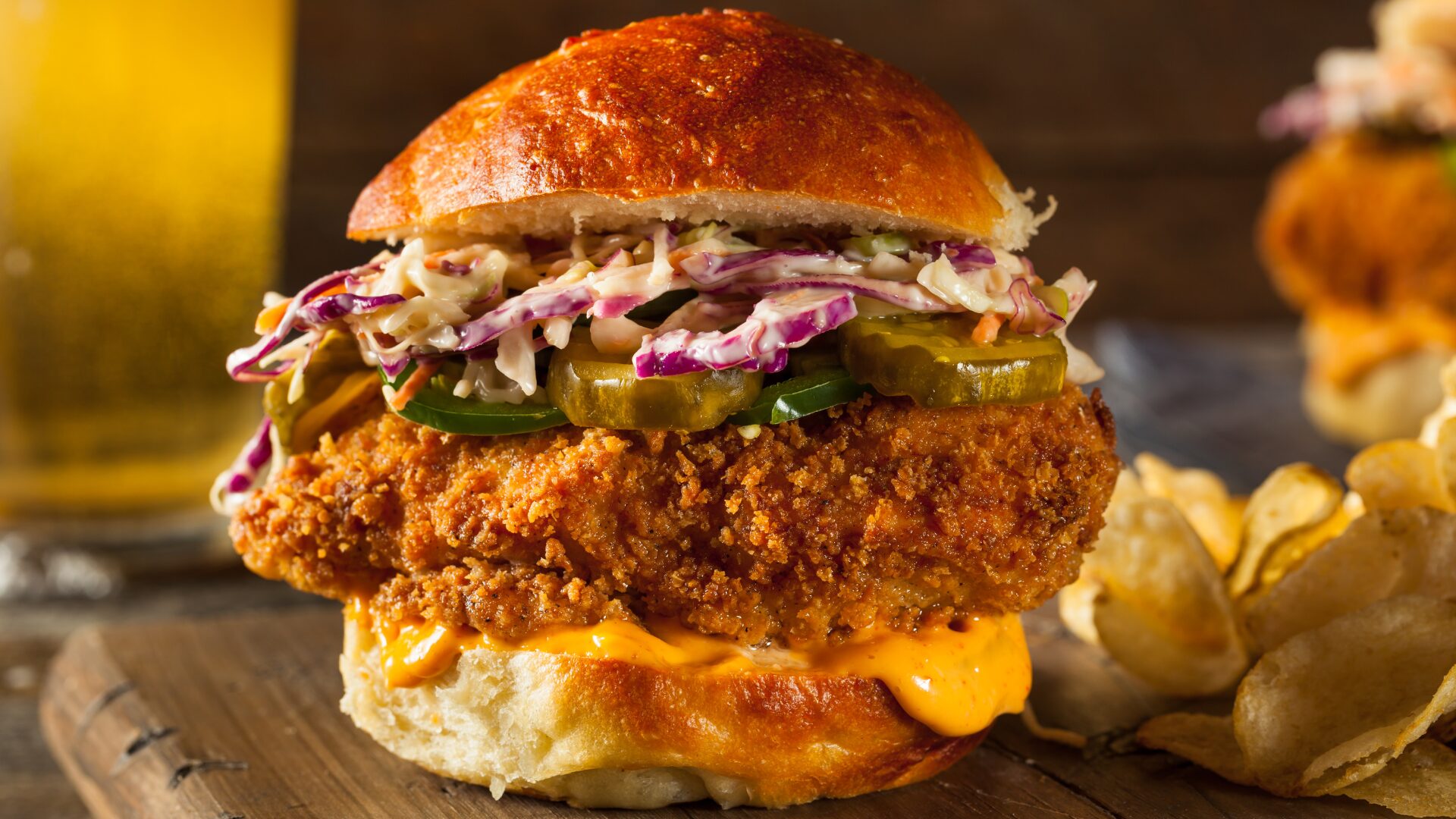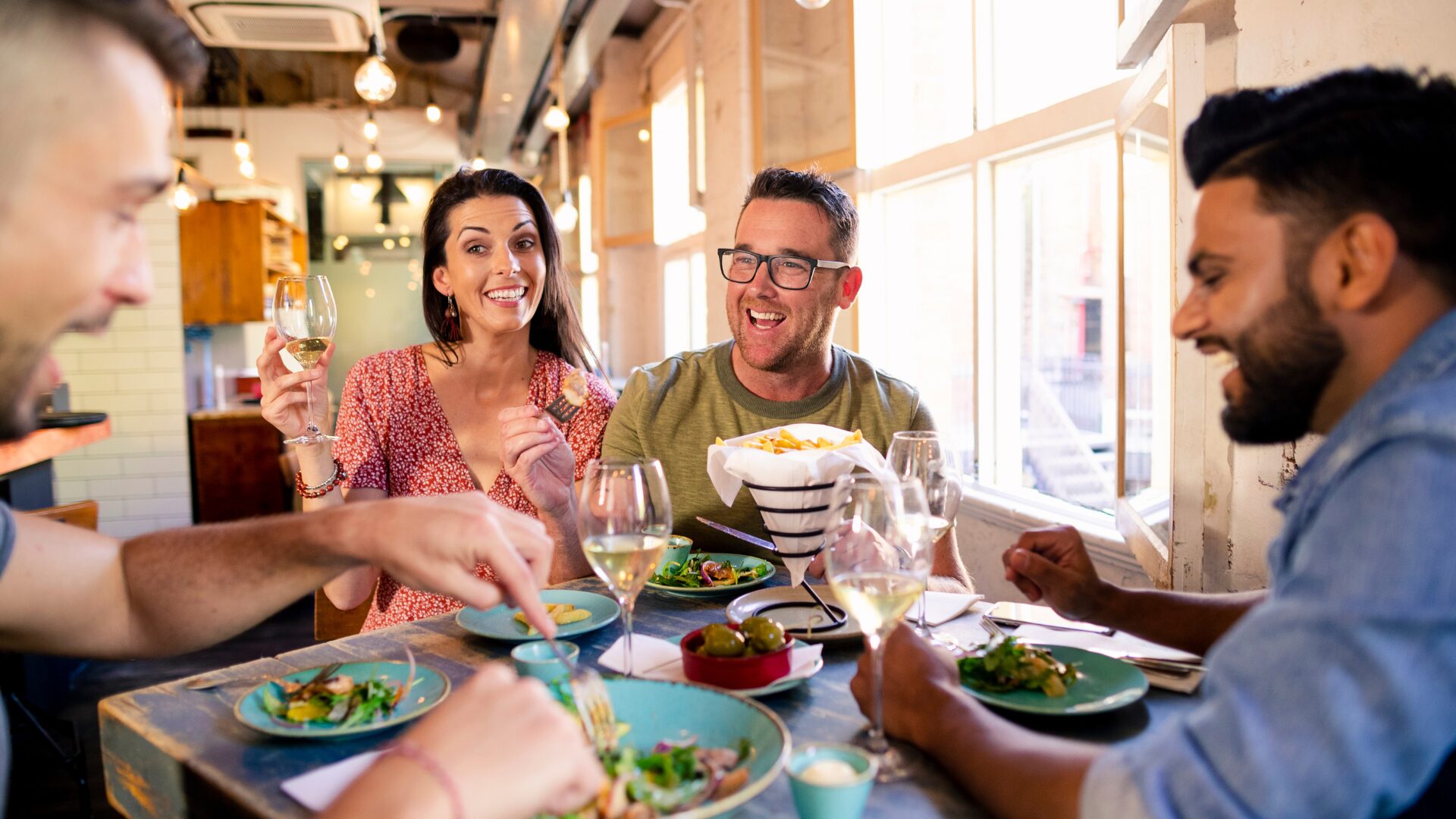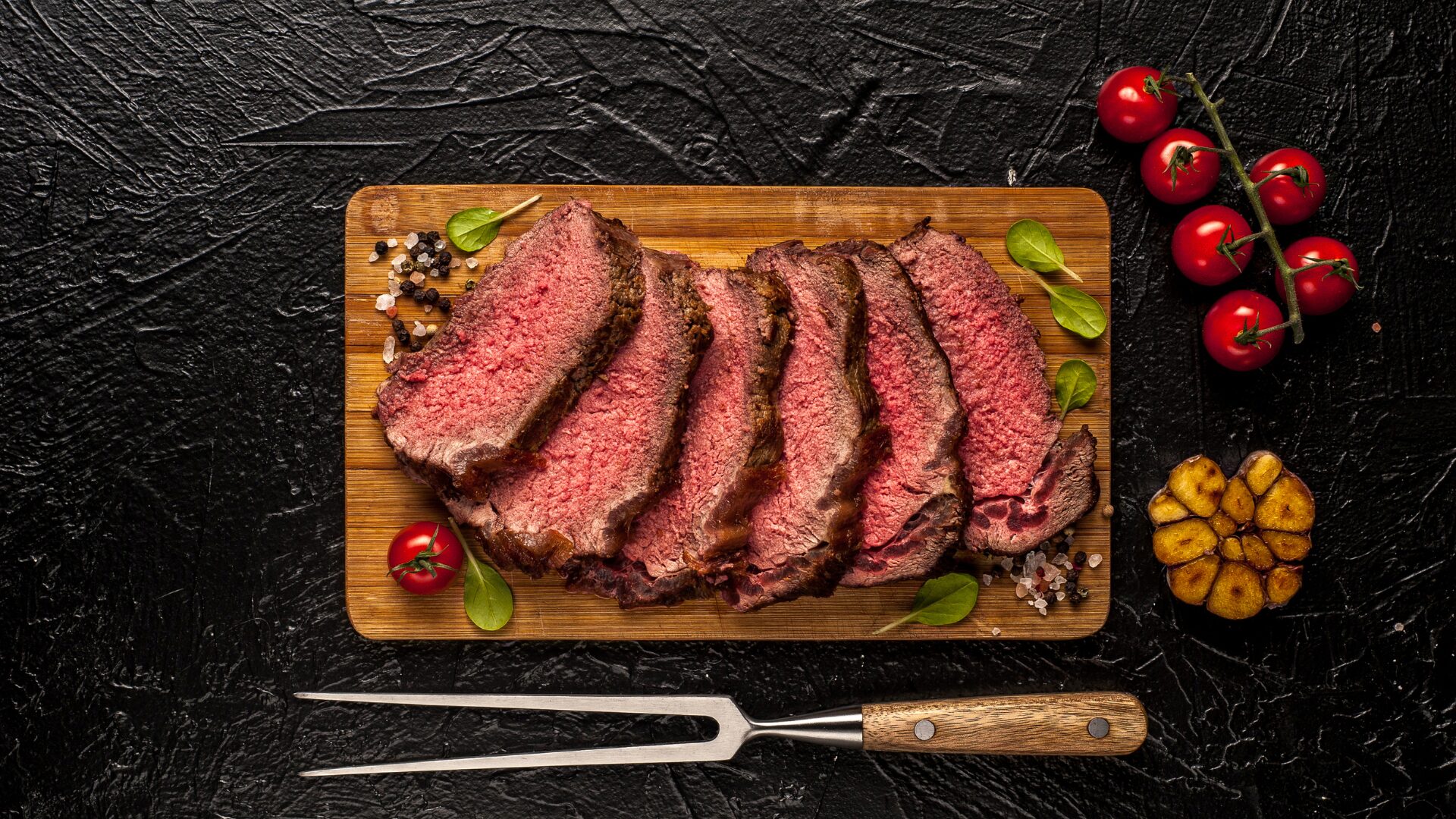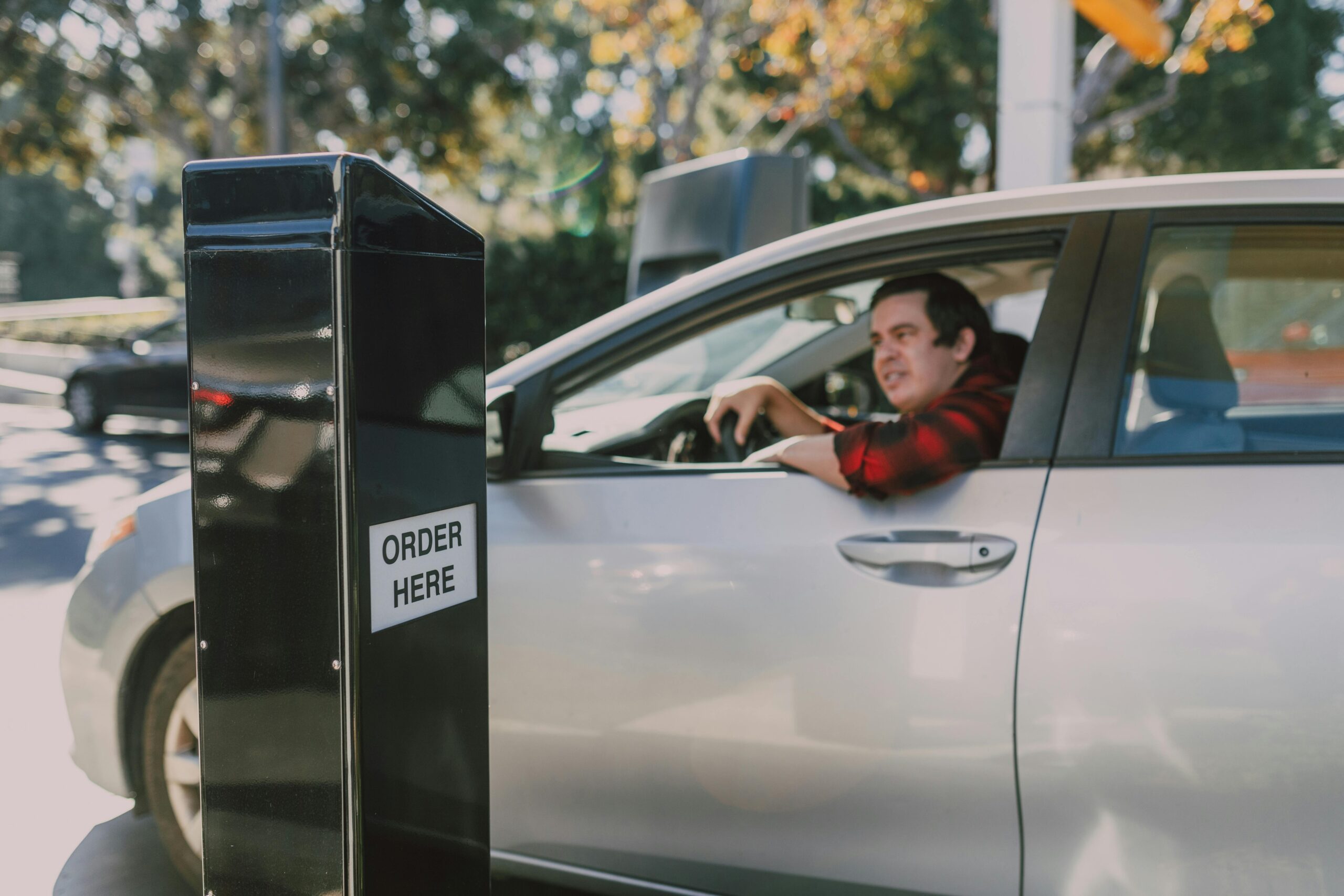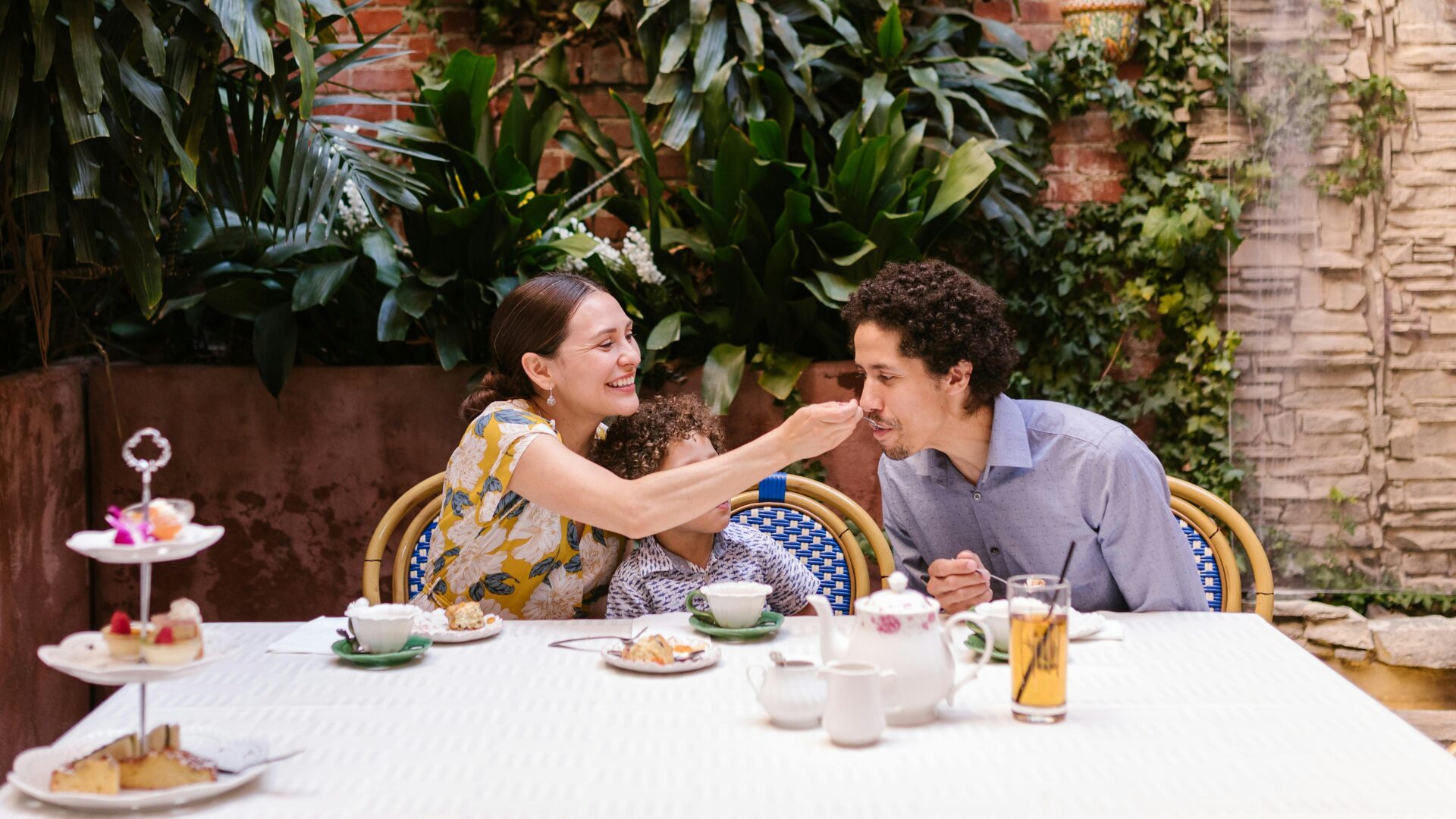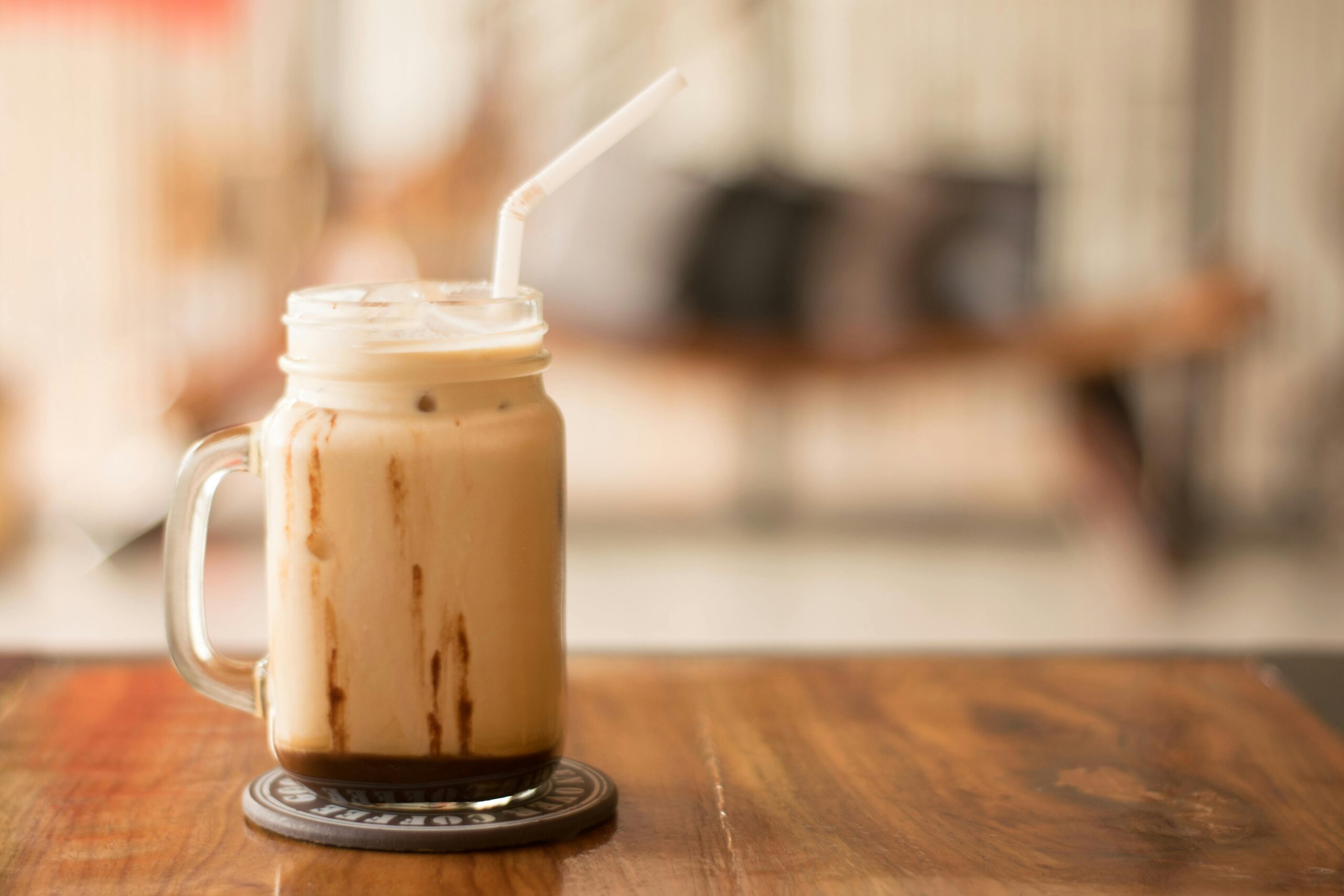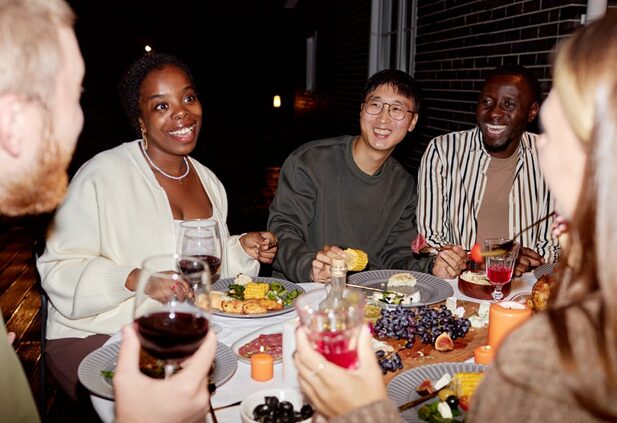Consumers across the country are going out to dinner more often—and much earlier—than they were before the pandemic. Turns out, being an early bird isn’t all that special anymore.
“Our data indicates that fine-dining customers are eating earlier than they did prior to the pandemic,” R.J. Hottovy, Head of Analytical Research at Placer.ai told The Food Institute.
“We’ve reviewed visitation trends by hour for some of the larger fine-dining restaurant chains in the U.S., and generally speaking, we have seen an increase in the percentage of visitors frequenting a restaurant from 4-7 p.m. and a decrease in the percentage of visitors who are coming in after 7 p.m.,” said Hottovy.
But the early dinner trend is not just limited to fine dining.
Is 4 p.m. the new 6 p.m.?
According to Yelp data, 10% of all diners were seated between 2-5 p.m. in 2023, a figure which doubled from 5% during the same time period in 2019. Perhaps restaurant-goers have become more interested in eating at less busy times, as 4 p.m. reservations more than doubled from 2% in 2019 to 5% this year.
Rideshare data offers even more evidence of the early bird movement. Uber trips to restaurants during the 4 p.m. hour increased 10% compared to 2019, reported The Wall Street Journal. And because an early dinner often leads to calling it an early night, rides after 8 p.m. are down 9%.
Restaurateurs have taken notice of the cultural shift. Earlier this month, Danny Meyer, founder of both Union Square Hospitality Group and Shake Shack, tweeted: “When did a 6:00 dinner reservation become the new 8:00, most prized table of the night—and will it last?”
And it’s true, 6 p.m. is the most popular reservation time, according to Yelp, accounting for 20% of daily reservations. Whether or not it will last remains to be seen—but why is this time slot so coveted right now?
Why are diners becoming early birds?
Commenters flocked to Meyer’s tweet to express their theories on the trend and a few distinct themes emerged. There was much talk of wellness, healthy living, remote work, the sober movement, and prioritizing sleep.
“I think work-from-home trends have been a major contributor,” said Hottovy, for his part. “With fewer employees commuting to the office, consumers have more flexibility in their schedules to dine at different times.”
All these theories are plausible explanations for the early bird trend, and each can be tied together with a single thread: the pandemic changed our priorities and our lifestyles.
“We’ve seen dining habits change in other categories coming out of the pandemic, including an increase in later morning and afternoon coffee visits,” explained Hottovy. And the pandemic will continue to influence our dining habits in a variety of ways, including when we eat dinner.
“It seems unlikely that we’ll ever fully return to five-days-a-week in the office for most employees,” said Hottovy, “which should allow diners more flexibility when they eat.”


